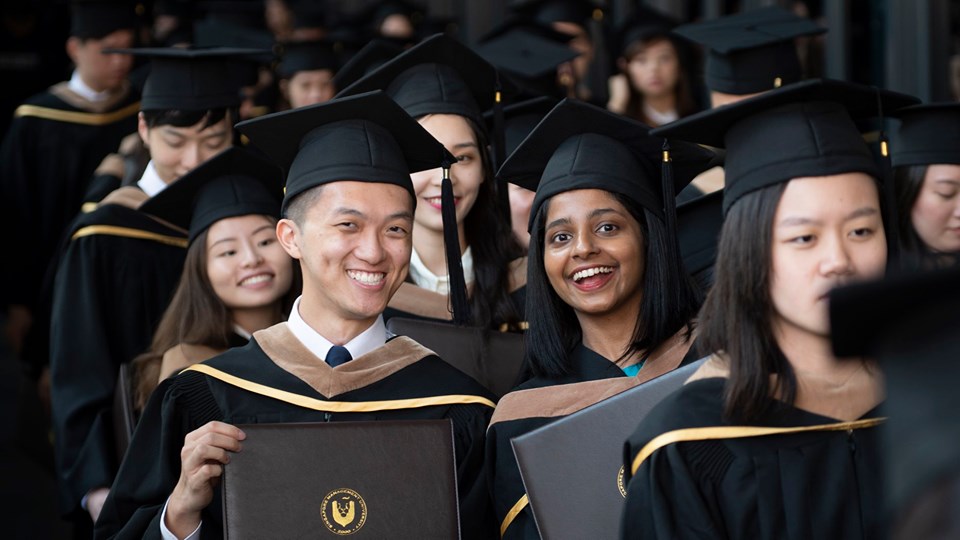Singapore — In what is considered to be the Prime Minister’s most important political speech of the year, Lee Hsien Loong announced on Sunday. August 18, at this year’s National Day Rally speech, that students from lower-income families can expect to pay decreased university and polytechnic fees.
This is part of the endeavour to make education in Singapore “as accessible as possible,” the Prime Minister said.
PM Lee said that for new and current students in university, bursaries from the Ministry of Education (MOE) will be increased from up to 50 percent of general degree fees, to up to 75 percent. University studies can cost upwards of S$6,000 per year.
As for students in polytechnics, the bursary coverage from the (MOE) will be raised from 80 percent of fees to as much as 95 per cent, meaning that if a student paid S$600 for the current year, they will only end up paying S$150. Polytechnic studies normally cost about S$3000 per year.
PM Lee said, “We want every Singaporean son and daughter to have the opportunity to receive a good education and start well in life, regardless of family circumstance.
Students from less privileged backgrounds … should neither feel disadvantaged nor inferior comparing themselves to better-off classmates, nor should they be deterred from pursuing a course just because of money,” which is vital in order for Singapore to remain an open meritocracy, according to the Prime Minister.
Not only students from lower-income families will benefit, but ones from middle-income families as well, since six out of every 10 university and polytechnic students are eligible for bursaries from the MOE.
Students must come from households that have a gross monthly household income (GHI) of S$9,000 or less, or gross monthly household per capita income (PCI) of S$2,250 or less, in order to be eligible for the MOE bursary at the post-secondary level.
As for eligibility for the Community Development Councils/Citizens’ Consultative Committees bursary, these students must come from families with a GHI of S$4,000 and below, or PCI of S$1,000 and below.
The Prime Minister also said that the higher bursaries will include pupils studying for their diplomas and degrees at the Institute of Technical Education (ITE), Nanyang Academy of Fine Arts and LASALLE College of the Arts.
Medical students from lower-income families are also getting higher bursaries than students from other courses.
PM Lee said, “We should not let the cost of medical school deter good students from studying medicine. In fact, we want doctors to have diverse educational and family backgrounds.”
The new bursaries would allow these students to pay S$5,000 yearly, at most. At present, medical studies at National University of Singapore costs S$29,000 yearly, and at Nanyang Technological University, S$35,000, after government subsidies.
The Prime Minister said that he hopes that post-secondary level institutions will set up more bursaries as well, and that the Government will match as much as three times of what is donated to newer universities, and up to 1.5 times for other institutions.
He said, “Our institutions often raise funds for new building and professorships, and this is always meritorious. But bursaries can make a crucial difference to the recipients – and they have the extra human touch. If you donate towards a bursary, you enable some promising young person to get a good start in life.”
PM Lee also announced reduced school fees from around S$8,000 to S$7,500 for full-time general degree programmes at the Singapore Institute of Technology (SIT) and Singapore University of Social Sciences (SUSS). -/TISG

